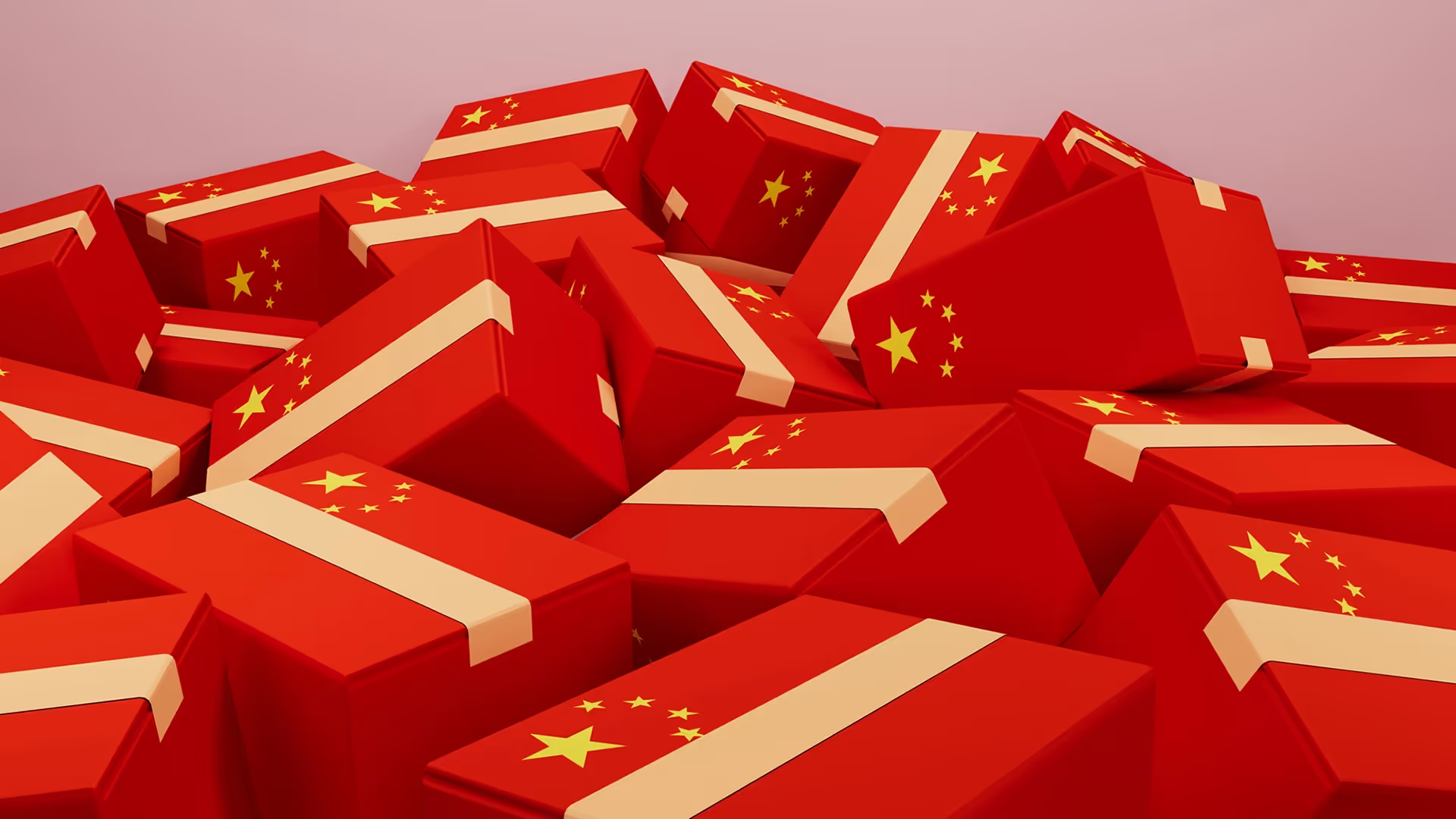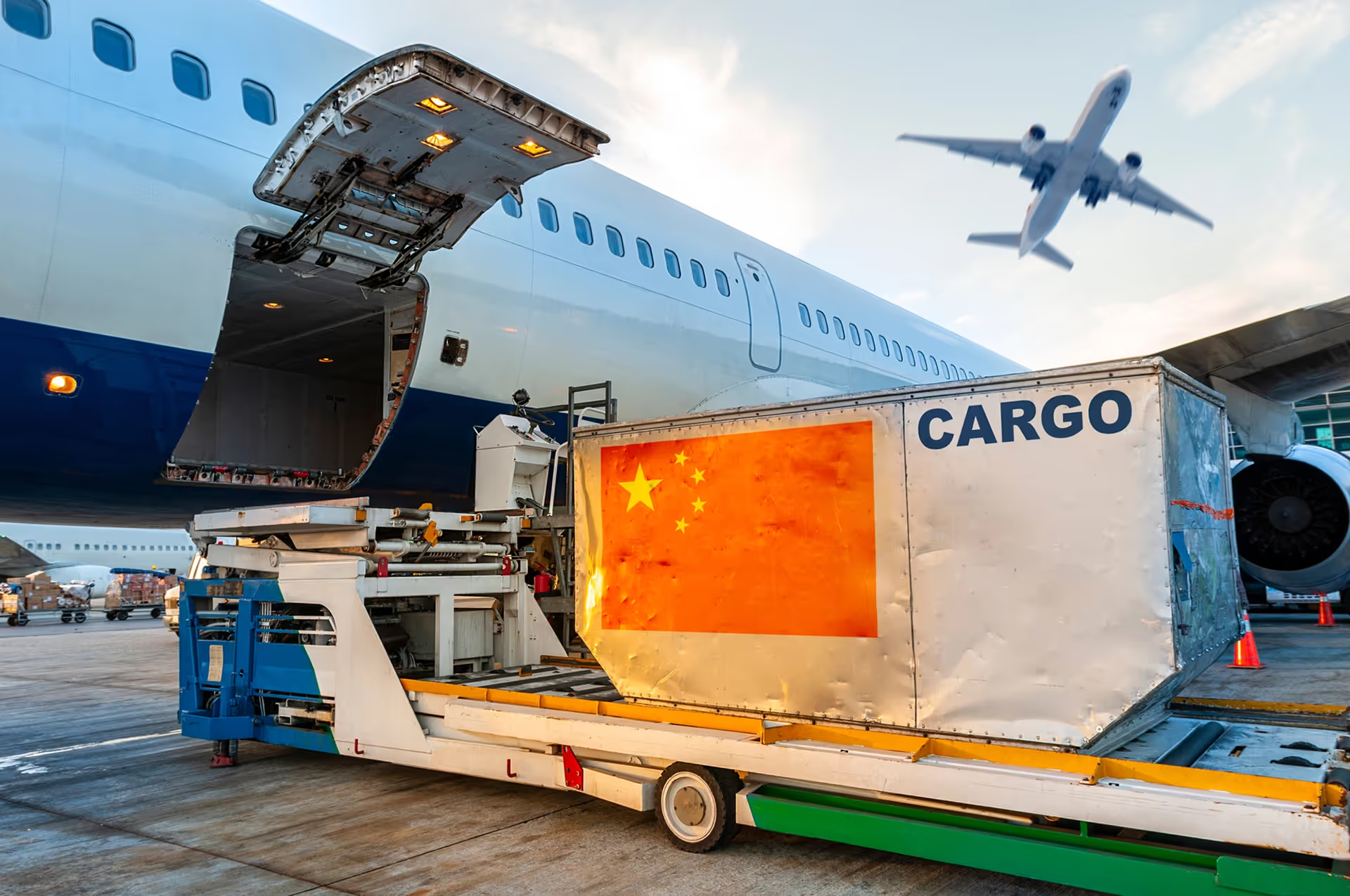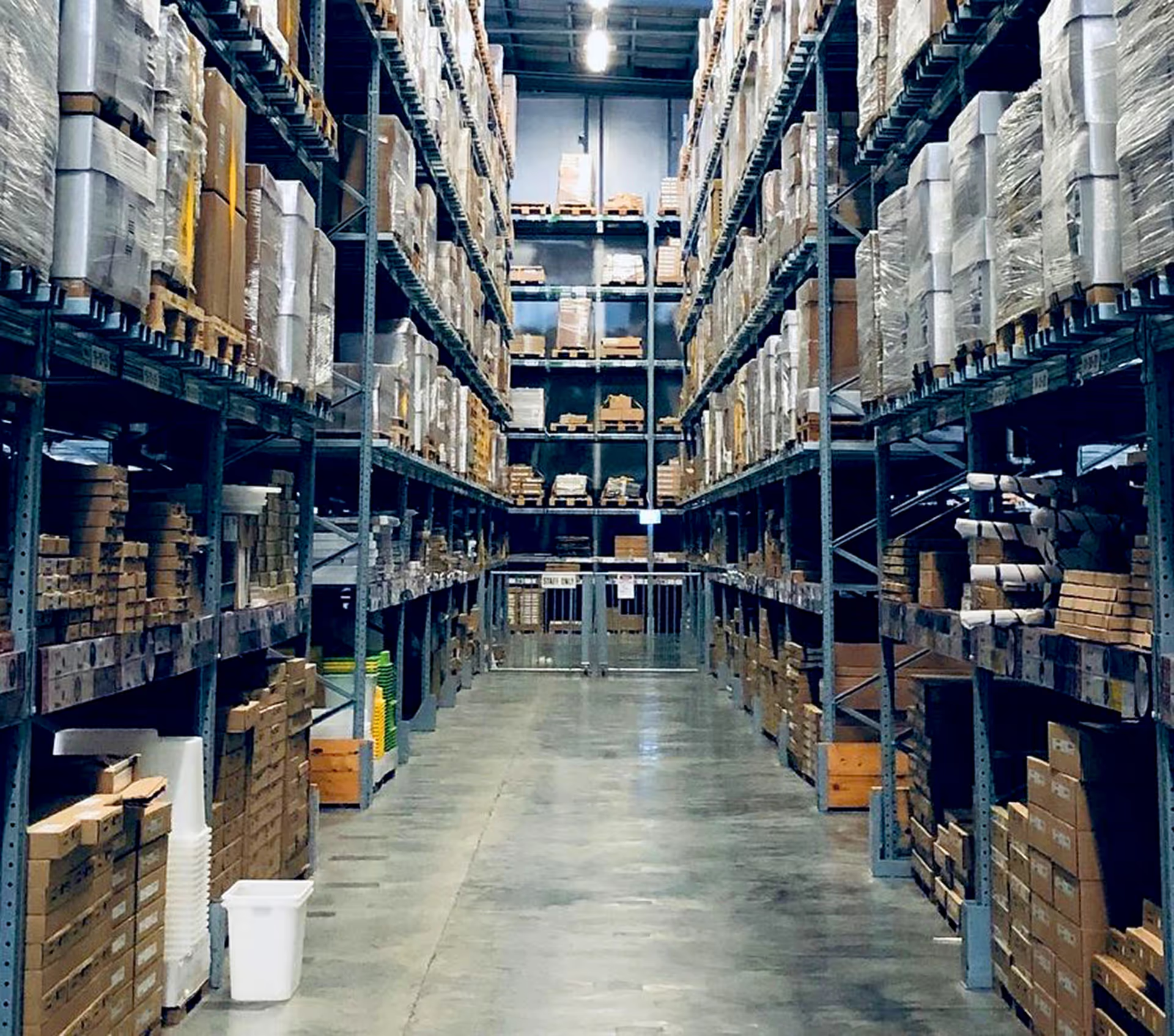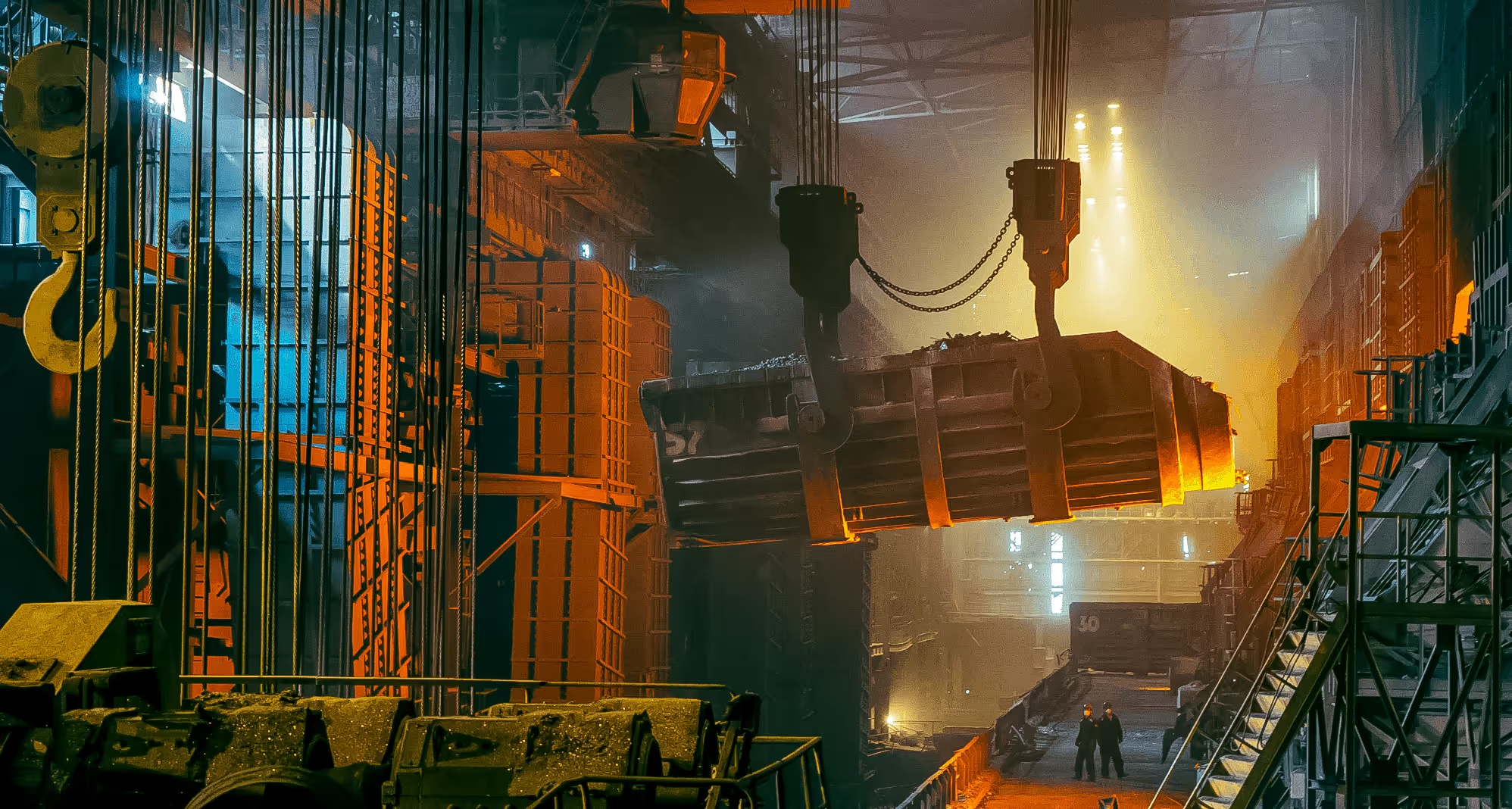Choose a Product to Source for Amazon

Before you can choose a product supplier, you need to choose the kind of product you want to sell on Amazon. While there's no way to guarantee that any product will find success on the Amazon marketplace, there are some tips you can follow that will increase your chances of success:
- Research Amazon for popular product types that matches your brand or matches the kind of brand you're looking to build
- Keep a pulse on popular/fad products (like fidget spinners or pop-its). Keep in mind, reacting to product fads requires a supplier that is flexible and can easily adapt to varying demand, and it may require multiple suppliers, depending on the product.
- Choose products that have been successful in other sales channels you've used
- Create unique/customized products that are improvements on similar, existing products. This will require a supplier with the engineering capacity to modify or create products
- Use Amazon to test products before investing the resources in mass production and sales through alternative channels
- While not a hard rule, consider products that are lightweight and easily packed, as your profit margins will be higher.
- Consider upcoming holidays or times of year when certain seasonal products may be popular
There's a lot of different factors that will go into how you choose a product. Whatever your overall goal is, take the time to make sure that your strategy is a good fit for your business goals.
Choose a Trustworthy Supplier
After you know the product you want to make, then it's time to choose a trustworthy supplier. Choosing the right supplier is one of the most important things you can do to help ensure that you successfully sell any product, let alone selling on Amazon, so this decision should not be rushed.
While it's not necessarily a hard-set rule, most ecommerce products are produced in China, and there are a lot of excellent suppliers to choose from. If you're starting your search on your own, we recommend starting with China suppliers.
How to Choose a Trustworthy Supplier in China
We've talked at length on how to choose a supplier, but here's a quick summary of the important steps you need to take when making your choice:
- Research: You'll want a wide selection of suppliers to choose from before you start narrowing down choices. You can use online platforms like Alibaba to start your search if you aren't sure where to begin.
- Narrow Down Choices: After you have around 25-30 potential options, it'll be time to start narrowing down choices. To do so, ask yourself questions like what the supplier's niche specialty is, what are their lead times, how well do they communicate, their output capacity, number of employees they have, their price point.
- Avoid Red Flags: While narrowing down choices, avoid suppliers that present obvious red flags. Common red flags include poor communication, little to no English ability, or a lack of experience working in your industry (like if they're not familiar with basic industry terms of processes), or at the scale you require.
If you've never had to choose a supplier before, it can be an incredibly tedious, resource intensive process. It's common for businesses to use a sourcing specialist to help find (and manage) suppliers, which is a specialty that Kanary provides.
Making Your Own Products or Reselling Products on Amazon
Smaller businesses may be tempted to either make their own products or resell products through Amazon in order to reduce inventory costs. This strategy just doesn't work for businesses looking for reliable sourcing and scaling.
Unless you have your own factory (which isn't likely if you're reading this article), hand making products won't allow you to keep up with the growing demand from a popular product. Reselling products has its own issues (like unreliable inventory, since you have to find it already for sale before you can resell it).
Traditional sourcing has huge advantages over reselling, including:
- Much higher profit margins
- More sales
- Reliable inventory
- Quality control (can't control quality of products you don't make)
- Brand building (hard to build a solid brand around products you don't have quality control over)
If you want to sell on Amazon and are serious about creating a business around a product, you need to find a reliable factory that can mass produce products for you, and the output production capacity to scale with your business as needed.
Determine Amazon Fulfillment Strategy

Getting high-quality products that have the potential to be winning products is good, but you still have to get those products to customers. Proper shipping expectations are crucial to the customer experience, but if your fulfillment strategy isn't planned out, long shipping times can turn customers off your brand, even if you offer a fantastic product.
What are your fulfillment options when selling on Amazon? Let's take a look:
Fulfillment by Amazon (FBA)
FBA is a fulfillment service provided by Amazon, and how it works is simple. You'll order products from your supplier, ship them to an Amazon warehouse, and Amazon takes the responsibility of receiving orders, packing products, and shipping them to customers.
Businesses that use FBA will also have their products be Prime eligible, meaning their products can be shipped with the 2-day shipping that Prime customers pay for. For businesses just getting started, and especially for businesses that don't fully have their supply chain planned, FBA may be an easy way to get started.
The Cons of FBA
While FBA certainly has its benefits, there are significant drawbacks, too. Namely, you definitely pay to have access to all of those benefits. There are a lot of fees you'll have to pay, including:
- Warehouse storage fees
- Fulfillment fees
- Referral fees (which are the fees Amazon charges for using their platform)
FBA fees will vary depending on your product category. You can get a better idea of what specifically your fees would be by looking at your product niche, but you should expect to have tight profit margins when using FBA.
Bulk Shipment to Local Warehouse
If you plan on using a local fulfillment center, then traditional bulk shipment might be the way you fulfill orders. In this model, you place a large volume order with a China supplier, have that order shipped via sea freight to a port, where it is domestically shipped to your local warehouse. From there, you fulfill customer orders from your warehouse after inventory arrives.
This method is popular because it's simple to execute, and you tend to get the best pricing per unit on your product order.
The Cons of Bulk Shipment
Bulk shipment is not very flexible and can't respond to quickly changing customer demand. If you order too much and demand is too low, you'll end up tying capital into inventory that you can't move, hamstringing your ability to grow your business. If you don't order enough and demand spikes, you miss out on the selling opportunity that may not wait for you to restock.
Bulk shipment is also susceptible to port congestion. For example, during the COVID-19 pandemic when consumer demand spiked, many local warehouses struggled to restock inventory because of the amount of sea freight traffic clogging the ports. Even in normal periods of high demand (like Q4), it can be a huge challenge to restock when the ports are busy.
Bulk shipment is ideal when you've been selling a product for long enough that you're able to forecast sales for an extended period of time. If you aren't able to predict demand, then you may want to consider an alternative fulfillment strategy.
Direct from China Fulfillment
In this model, your China supplier delivers inventory to a fulfillment center in China, where products are shipped to customers directly. While it takes more planning, this form of fulfillment is becoming very popular among ecommerce businesses for several reasons.
First, sending parcels to customers doesn't involve clearing containers full of inventory at receiving ports, which means this model is resilient to problems like port congestion or supply chain disruptions. In fact, shipping is pretty consistent, and even makes it possible to offer free shipping to international customers, not just your domestic ones.
Next, because the lead times between factories and fulfillment centers are so low, you don't need to order six months of inventory at a time. Instead, you can order a few weeks of inventory at a time, which helps to prevent overstocking and tying too much money up in inventory when it needs to be used elsewhere.
At the same time, should you experience an unexpected demand spike, you can quickly order more inventory and quickly get it shipped out to customers. The flexibility and versatility of direct from China fulfillment help to resolve a lot of traditional supply chain problems.
Finally, China fulfillment is a great way to test a new product, since you don't have to make a large investment in inventory. If a product ends up being successful, and you have plans to sell it long term, you can consider transitioning to traditional bulk ordering and local fulfillment after a product has proven itself.
The Cons of Direct from China Fulfillment
While direct from China fulfillment offers a lot of flexibility, it's not without its problems. While it's not necessarily the case, it can be difficult to get the best price on a product from factories if you aren't making bulk orders. If you're already operating on extra thin profit margins, it may pose a problem to rely exclusively on this model.
In addition, while shipping times to customers are consistent, it's just not possible to offer all of your customers 2-day shipping. Most customers don't have a problem with the standard shipping time of 5-8 days, but it's something to keep in mind if you think not offering faster shipping (that's still free) will hurt your conversion rates.
Hybrid Fulfillment: Local + China Fulfillment

In a hybrid model, you take advantage of both local fulfillment and China fulfillment. You still order bulk inventory and ship it sea freight (you just don't necessarily order as much as you would when only using bulk shipping). Then, as your local warehouse depletes its inventory, you switch to fulfilling orders through China until your local inventory can be restocked.
This hybrid approach has a lot of benefits. You can still take advantage of the common price advantage of traditional bulk ordering, and you can still offer quick shipping to domestic customers through your local warehouse. It still offers the ability to respond to spikes in demand while still preventing you from overstocking.
Hybrid fulfillment offers the advantages of both fulfillment models with very few drawbacks, but there are still some challenges to consider.
The Cons of Hybrid Fulfillment
The biggest con of hybrid fulfillment is that it's complicated. You need a fulfillment provider that can manage backend systems of two different fulfillment warehouses and understands when to fulfill what orders from which warehouses. International customers should have orders fulfilled locally, and local customers should have orders fulfilled from China.
Your back-end systems also need to be able to understand when local inventory is depleted and when all orders should be fulfilled from China while stock is replenished. If you don't have a good process in place, you could end up double-fulfilling orders or, even worse, missing orders entirely.
If you want to follow this fulfillment model, you need to choose a fulfillment provider that understands how to develop a hybrid system. Our preferred fulfillment partner, EcommOps, are experts in China fulfillment, and can help your business develop a hybrid strategy that works seamlessly.
Develop Product Iterations Based on Amazon Reviews
Finally, just because you have successfully sourced and have begun to sell a product on Amazon doesn't mean the process is over. As you make sales, you need to pay close attention to the reviews you receive, and as you collect feedback, incorporate it into the next iteration of your product.
As you continue to develop and release improved versions of popular products, customers will grow to trust your brand, and it will become easier to sell them brand new products (as well as find new customers that trust your brand and its positive reviews).
Kanary: Sourcing Specialists for Amazon Sellers
Sourcing for Amazon takes a lot of thought, planning, and expertise. If you want a partner to help you find a trustworthy supplier, then we would love to partner with you. Kanary offers benefits that other sourcing specialists will struggle to match, including:
- A physical presence in the United States and China
- A large network of trusted suppliers established in China
- The expertise to look for, vet, and establish new relationships with new suppliers
- Bilingual support (Mandarin/English)
To contact us, fill out our online form or call us directly at +1-305-735-1646. That will let us get started in examining your business needs, and creating a sourcing strategy that will be a perfect fit.

.png)


.jpg)





